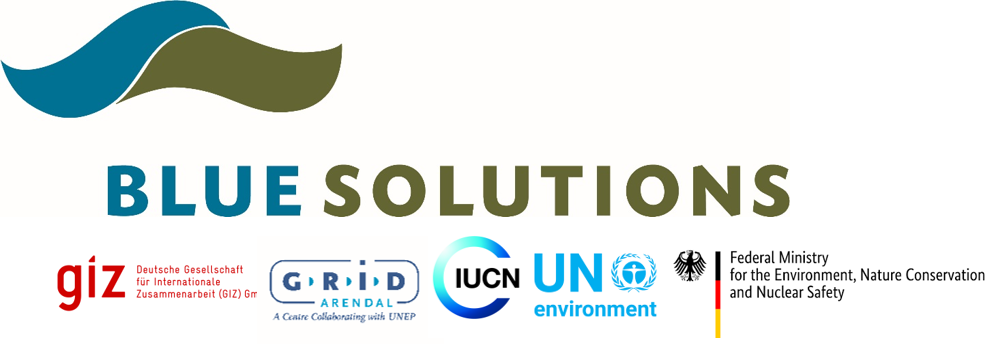Jamaica
The Nature Conservancy (TNC) lead the first ever sea space use discussions on the unique Pedro Bank and Cays. These consultations and the resulting plan plotted out the uses of the sea space by the numerous users and determined how both its protection for both sustainable fishing resources and unique marine biodiversity can be achieved.
Read more:
Brazil
As coastal development increases in Brazil, artisanal fishers struggle to protect their resources. By leveraging the government-created Extractive Reserves' (RESEXs) legal structure and working with government, local fishers' organizations, and communities, Rare's Fish Forever program in Brazil has 1) established community-led governance and authority over artisanal fisheries; 2) designated managed-access fishing areas, combined with no-take reserves; and 3) improved participation of fishers and communitiy members in fisheries management and decision-making.
Read more:
Colombia
“The process for declaring Playón and Playona as a protected area for the conservation of Dermochelys coriacea and Eretmochelys imbricata turtles, considers citizen participation as a right, as well as a very important tool to guarantee the success of protection activities undertaken by the local community with the support of environmental authorities,” said Julia Miranda Londono, Director of the National Natural Parks of Colombia. “This will enhance the influence and leadership of civil society in conservation policies and activities in the region.”
Read more:
Dominican Republic
On Feb 23rd 2018, the Minister of Environment and Natural Resources of the Dominican Republic signed a Public Private Partnership (PPP) agreement for co-management of the Marine Sanctuary Arrecifes del Sureste with a local non-profit consortium/co-management body; comprised of local NGOs, private sector organisations and the NGO Blue finance.
Read more:
St. Vincent and the Grenadines and Grenada
The Centre of Resource Management and Environmental Studies (CERMES) of the University of West Indies, Barbados, and Sustainable Grenadines Inc. collaboratively established a marine space-use information system (MarSIS) and a participatory geographical information system (PGIS) together with a wide range of stakeholders from St. Vincent and the Grenadines, and Carriacou & Petite Martinique islands of Grenada. The collaborative development of a MarSIS and PGIS facilitated the development of a multi-use zoning plan for the islands, which assisted both countries with conservation and sustainable livelihood initiatives.
Read more:
Notes
- Information relevant for MSP and the geodatabase was acquired through participatory research (PR).
- Interviews and surveys with stakeholders
- Mapping exercises
- Marine field surveys
- The primary and secondary usage of participatory research
- Identify and recordlocal knowledge of marine resource distribution and abundance, and human space-use patterns (marine resource usage + spatial distribution).
- Empowering marine resource users by adopting and applying local knowledge in the process, and by enhancing local capacity through education, engagement and participation in planning activities.







